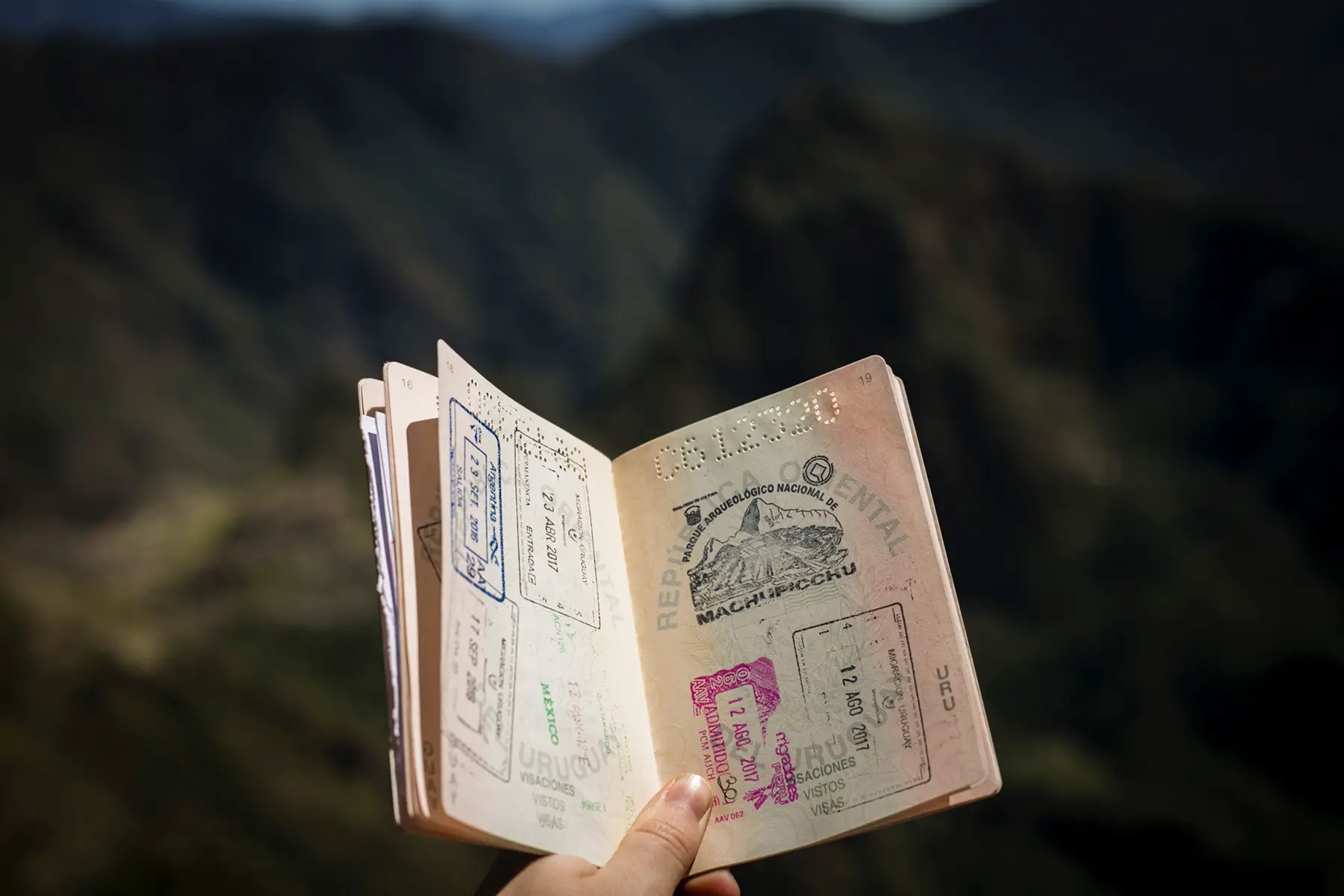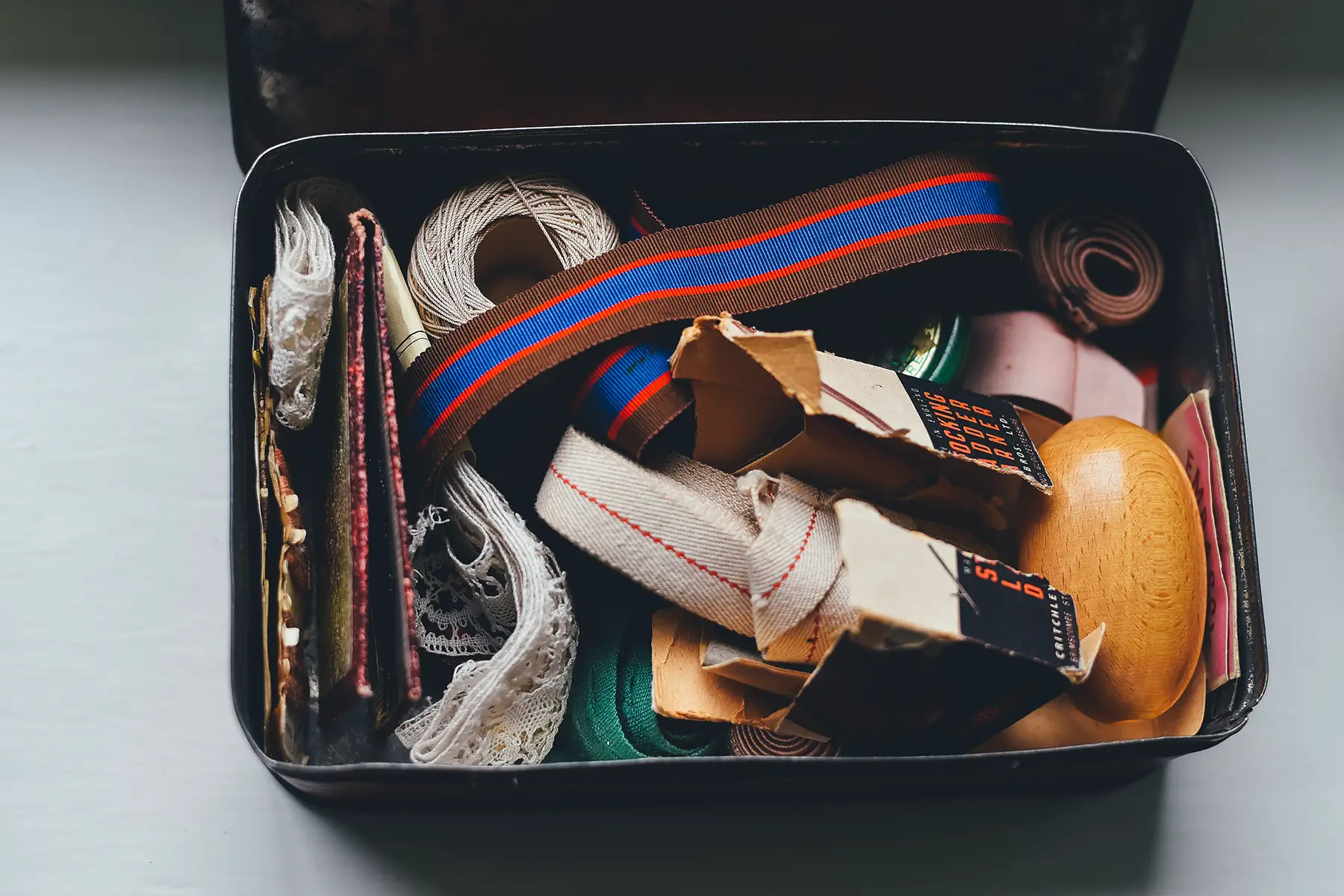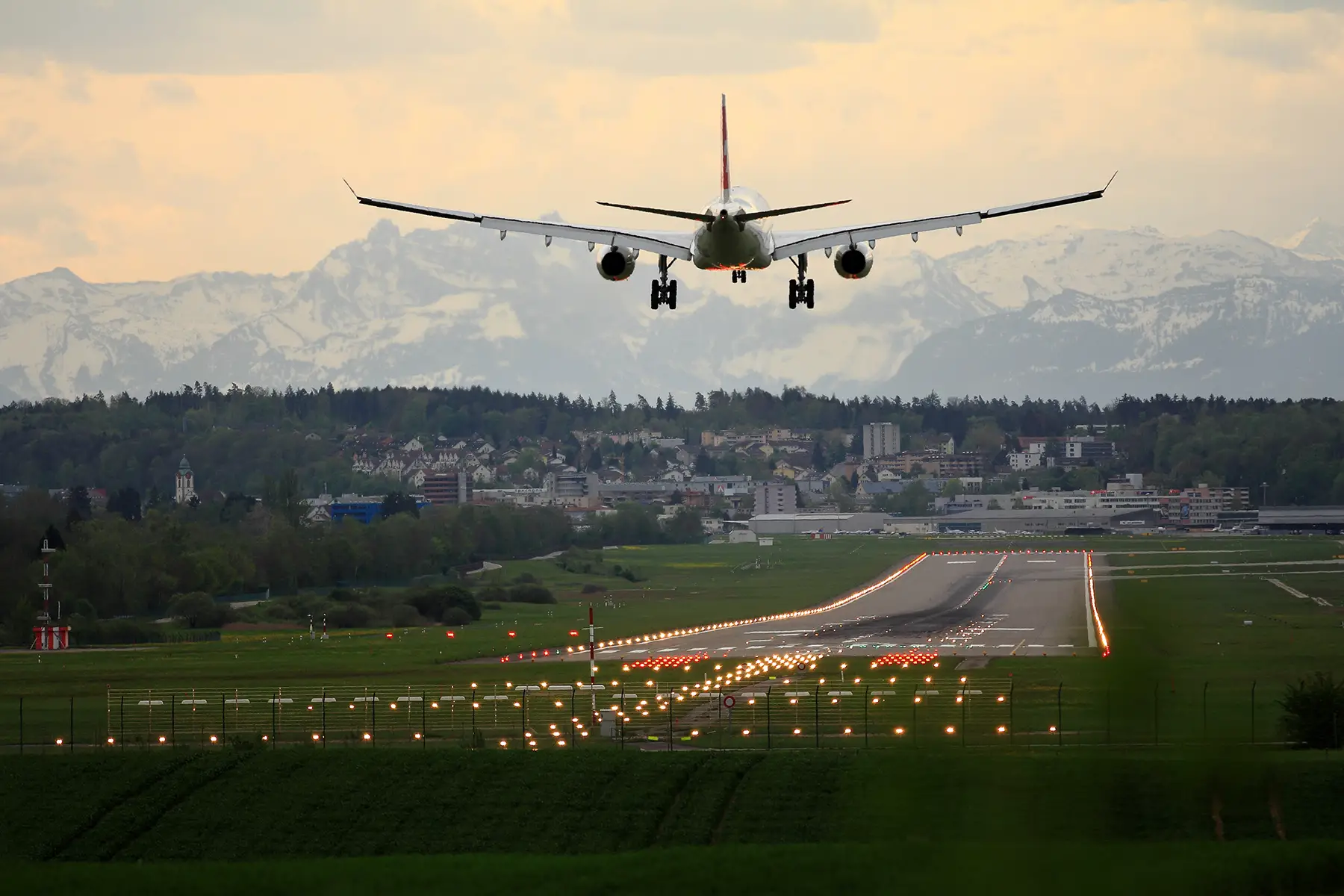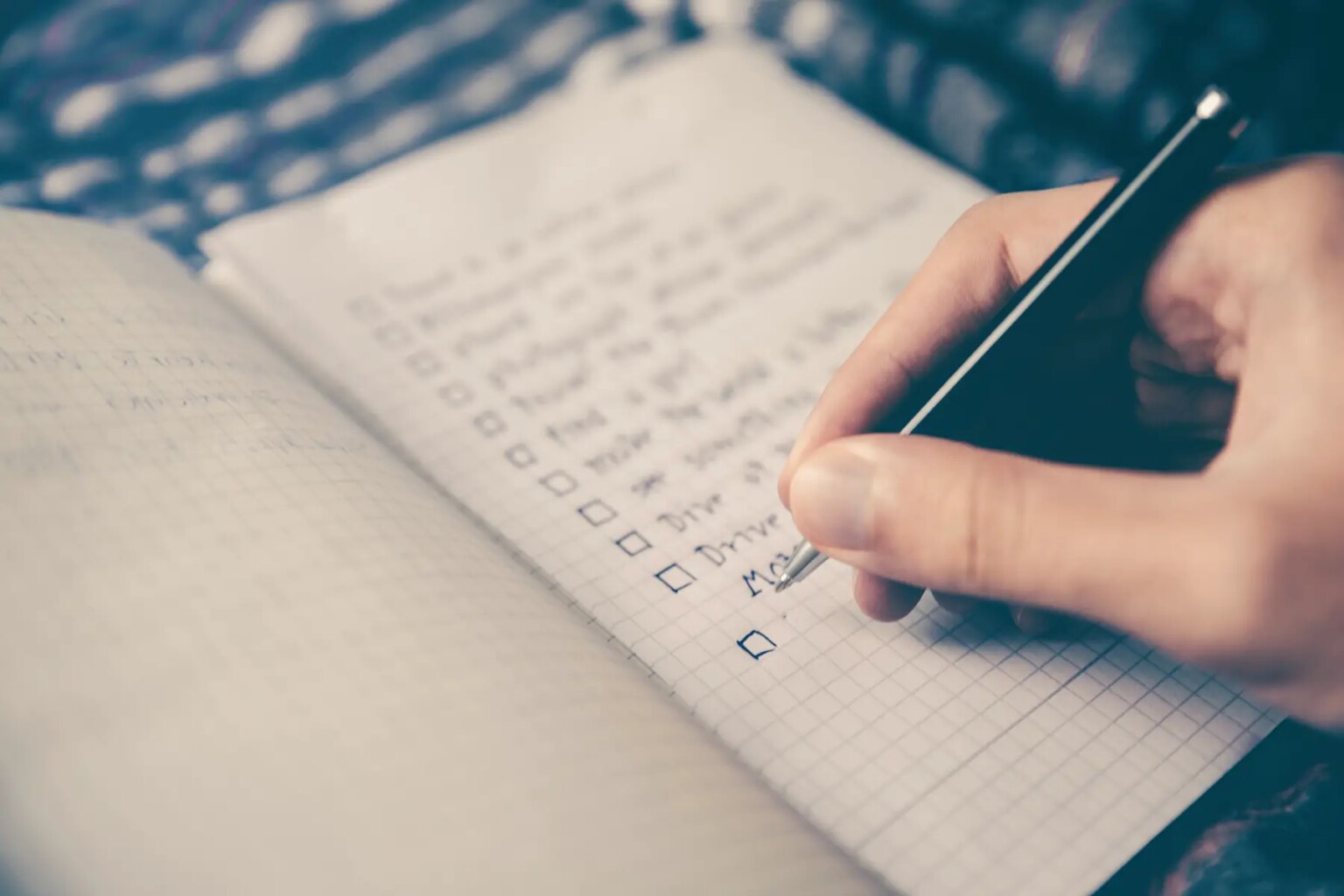Whether you’re moving abroad to study at university or to start an exciting new career opportunity, it’s a complicated process with plenty of moving parts. Because of that, it can be easy to lose yourself in the complexities of the move. But don’t fret! If you break your move down into a bunch of small tasks you’ll have a much less stressful move. To help make things easier, use this move abroad checklist to plan your relocation.
The Relocator
Planning a new life abroad? Give yourself some peace of mind with The Relocator. On their easy-to-use platform, you’ll be able to quickly compare your options, getting quotes from some of the biggest names in global relocations. Move abroad confidently with The Relocator.
Research your new country’s rules
Regulations and laws vary widely between all countries, so it’s important to do your research so you know the differences between your current country and the one you’re moving to. Contact the appropriate embassy or consulate for information relevant to expats relocating to your new country, including:
- Visas and permits
- Vaccines for family members
- Restrictions or taxes on shipped household items
- Import taxes for high-value items
- Vaccines and quarantines for pets
- Insurance
Make sure that you file all of your applications for any permits or visas you need well in advance. Pay attention to whether or not your important documents are about to expire in the near future.
Think about your finances
If you’re moving abroad you’ll need to know how you’re going to support yourself, so one of the first things to think about is how the cost of living in your destination country compares to where you live now. This can seem daunting, but research these things will go a long way:
- Living costs: Check average food costs, rent rates, mortgage costs, and utility expenses. Note down your findings and compare them with what you pay now. This will give you an idea of how your outgoings will change.
- Job market: If you’re going to need a job in your new country, research local job markets and make sure you’re not moving somewhere it’s difficult to find work as an expat. Find out whether the area has sectors that value the language(s) you speak, whether it’s welcoming to immigrant workers, or if the unemployment rate is high.
- Pensions: If you plan to retire abroad (especially if you have a flexible pension scheme, such as the British pension scheme), it’s important to have your finances in place in order to live comfortably. Being able to access your pension with ease is key to this. If you’re planning to transfer your pension overseas, you may wish to look into the most cost-effective way of doing this.
Check out your healthcare provision
Healthcare differs across the world, but it’s an essential part of keeping you and your family happy and healthy when moving to another country. Here are some things to think about when moving in relation to healthcare:
- Medication: If you or any family members take regular medication you might want to stock up as best you can before you move. You may not be able to access prescriptions when you first move to another country, so it’s always best to have enough medication to tide you over.

- Health insurance: When setting up your new life, it’s likely you’ll have to choose between relying on local healthcare or taking out private health insurance. Many expats choose private cover for extra peace of mind, so it’s a good idea to check your health insurance options before you arrive in your new home.
- EHIC: The European Health Insurance Card (EHIC) allows EU/EEA citizens to access healthcare across Europe and can provide important health cover. Getting an EHIC can take a few weeks, so make sure you apply ahead of time.
Sort out your living situation
Having your own home will help make moving abroad that much easier, so here are some things to think about when it comes to your living situation:
- Selling: To finance your move abroad, you may need to sell your existing home. Make sure you list your property well ahead of time to give yourself more time to process the sale. Create a contingency plan in case your home sells more quickly than you expected, or if it fails to sell in time. If you can afford it, you may prefer to lease out your previous home for holiday or long-term lets. This will give you the security of having a place to return to in case you decide to move back.
- Buying: If you’re able to buy property in your new country, look into getting a mortgage or loan. Contacting solicitors and estate agents in your destination is essential. Get in contact with industry experts who can help you with any language barriers and local tax issues.
- Renting: This is the easiest option for many expats moving abroad. Even if you plan to buy, it may easier to rent in the short-term. This will give you time to look into the local housing market while you find your feet in your new surroundings.
Move your belongings
It doesn’t matter whether you’re heading abroad for a semester or relocating the entire family to the other side of the world, you’ll still need to move your belongings. The process will largely depend on your personal situation. For example, if you’re moving within Europe, you may be able to transport everything on the train. However, for most expats, the idea of moving an entire family household across borders can be daunting.

To help make the process easier, many expats choose to use a relocation company. These companies are well-versed in helping with all aspects of moving abroad, whether you need help every step of the way or simply want to ship your belongings overseas. If you’re looking for an easy way to get some peace of mind during your move abroad, a relocations service should be your first port of call. Global relocation companies include:
Keep in mind that the process can take a while, so contact these services as early as possible. International shipping can also take weeks or even months, so don’t pack anyway anything you’ll need on arrival.
Prepare your documents
Before you leave, make sure you have all your documents in good order to avoid any disappointments on arrival. Be sure to request official copies of important personal documents, allowing at least several weeks to receive them, just to be safe. Once these documents have arrived, make copies of them and keep a digital copy in a safe place.

Documents you’ll need to add to your moving abroad checklist include:
- Passports
- Birth and marriage certificate
- Proof of citizenship
- Vaccination, medical, and dental records
- Driving license
- Insurance policies
- Academic records and diplomas
- Employment records
- Proof of residence and/or your new job
- Living will and testament
Before you go
Great! Now that you’re all set to legally enter your new host country, you’ll need to map out your moving abroad checklist.
Keep these things in mind when finalizing your stay at your current household:
- Make travel reservations: This should go without saying, but it’s impossible to move abroad without booking tickets to actually get there. Consider that last-minute tickets for flights, trains, and ferry sailings can be expensive. Pick a departure that is affordable and, ideally, not arriving to your new home in the middle of the night.
- Organize your bank accounts and credit cards: Review your accounts and notify your banks that you are relocating overseas. Discuss with your bank or a financial advisor how to handle your assets. Consider registering for a service that makes international bank transfers easier and more affordable. Look into whether or not your credit cards work where you’re moving.

Last-minute things to keep in mind
- Take care of your pets: If your pet is moving with you, ensure it receives proper vaccinations and identify a pet carrier. Look into whether or not your new host country requires a quarantine for incoming animals. If you’ve decided not to bring a pet, allow sufficient time to find it a loving new home.
- Get an International Driving Permit: Renew your driver’s license if it is set to expire soon. If you plan to drive immediately upon arrival, get an International Driving Permit before you go and take some extra copies of the form so you can renew it annually by mail. This allows you to drive before you’ve figured out how to secure a new driving license in your new host country. Remember to carry both your International Driving Permit and your national driver’s license with you at all times.
- Cancel subscriptions and forward mail: Cancel all of your publication subscriptions. Complete the appropriate forms at the post office to ensure your mail is forwarded to your new address.
Once you arrive
Whether they say üdvözöljük or huānyíng in your new home, welcome! Plenty of things on any moving abroad checklist can only be done once you arrive.
Some items to consider include:
Open a new bank account
Ah, the old catch 22 – you need a bank account to rent a new place, but you need a local address to open a bank account. In fact, many banks, especially international financial institutions and mobile banks, will let you open an account before you’re even in the country. In the meantime, if you need to transfer money quickly and easily, check out international money transfer companies:
- CurrencyFair offers money transfers to over 150 countries and have exchange rates up to eight times cheaper than the banks, helping you avoid excessive bank fees.
- Wise is an international money transfer provider available in 59 countries that offers transfers between cross-border bank accounts up to eight times cheaper than traditional banks.

Sign up for healthcare
Even if you have the European Health Insurance Card, you may be legally required to get local health insurance coverage within a short time. Once you’ve researched your options, make sure you sign up for the right healthcare provision for you and your family. Even if your destination country has a public healthcare system, you may not necessarily be eligible. If you’re not covered under a group medical insurance program, purchase private insurance policies to protect you from any coverage gaps.
Research your new home
Take some time to learn the history and culture before you move. Learn a handful of basic phrases in the local language and make sure you know how to introduce yourself. Arrive prepared so you can adapt quickly to your new home.
Learn about your tax obligations
Each country has distinct taxation rules for income earned abroad, which could be relevant to you; special considerations apply to Americans, Britons, and Canadians. Determine your obligations and gather the necessary paperwork.
Learn how to get around
Whether you’ll be taking the train to work or driving on new roads, research the best ways to get around town. Look into the advantages (e.g., discounts for monthly transportation passes) and disadvantages (e.g., car bans in city centers) with each mode of travel.
Enroll your kids in school
It’s worth considering whether or not your children attend a public school or an international one. You may also want to consider hiring an au pair depending on your work schedules and if your children need extra assistance.
Register for insurance
Considering you’ll be starting afresh, secure comprehensive insurance plans. You’ll have a lot of things to cover: vehicles and property are two you’ll want to lock down first. Contact an insurance provider specializing in expats.
Get a VoIP (Voice over Internet Protocol) phone number
These phone numbers are a lifesaver when it comes to keeping in touch with your home country. Using VoIP allows you to have a phone number in the area code of your choice. It helps your family and friends feel like you’re not so far away.




